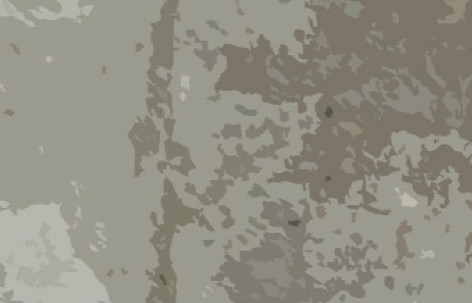Learn from texts: questions to promote learning
Keywords:
Reading, Deep learning, access to information questions, Interpretative questions, Evaluative or critical questionsAbstract
After a brief reference to reading to learn, the article focuses on the analysis of the various types of questions that can be posed about a text that is proposed for the purpose of learning (questions of access to information, interpretation, and critical and evaluative questions), as well as in the different moments of the reading process in which they can be formulated. It describes the potential effect, both of the type of question and its location, on student learning, and encourages teachers to reflect on this strategy, which is part of their practice, in order to optimize it.
References
Basaraba, D., Yovanoff, P., Alonzo, J., & Tindal, G. (2013). Examining the structure of reading comprehension: do literal, inferential, and evaluative comprehension truly exist?. Reading and Writing, 26(3), 349-379. doi:10.1007/s11145-012-9372-9
Carlino, P. (2013) Alfabetización académica 10 años después. Revista Mexicana de Investigación Educativa. 18, 57, 355-381 Cassany, D. (2011) En_linia. Llegir i escriure a la xarxa. Barcelona: Graó.
Daines, D. (1986). Are teachers asking higher-level questions? Education, 106, 368-374.
Goldman, S. R.; Durán, R. P. (1988). Answering questions from oceanography texts: Learner, task and text characteristics. Discourse Processes, 11, 373–412. doi:10.1080/01638538809544710
Guszak, F. J. (1967). Teacher questioning and reading. Reading Teacher, 21, 227-234. Kozulin, A. (2000). Instrumentos psicológicos. Barcelona: Paidós.
Norris, S.P. & Phillips L.M. (2009) Scientific Literacy. In D.R. Olson & N. Torrance (Eds) The Cambridge Handbook of Literacy. NY: Cambridge University Press.271-285
O'Flahavan, J. F., Hartman, D. K., & Pearson, P. D. (1989). Teacher questioning and feedback practices after the cognitive revolution: Replication and extension of Guszak's (1967) study. Center for the Study of Reading Technical Report; no. 461
OCDE (2016 a) Panorama de la educación. Indicadores de la OCDE. 2016. Informe español
http://www.mecd.gob.es/dctm/inee/eag/panorama2016okkk.pdf?documentId=0901e72b82236f2b
Pozo, J.I. (2016) Aprender en tiempos revueltos. Madrid: Alianza.
Raphael, T. E.; Au, K. H. (2005). QAR: Enhancing comprehension and test taking across grades and content areas. The Reading Teacher, 59(3), 206-221. doi: 10.1598/RT.59.3.1
Rouet, J. F. (2006). The skills of document use: from text comprehension to Web-based learning. Mahwah, NJ: Erlbaum.
Saiz Serrano, J. (2011) Actividades de libros de texto de Historia,competencias básicas y destrezas cognitivas, una difícil relación: análisis de manuales de 1º y 2º de ESO. Didáctica de las ciencias experimentales y sociales, 25 (37-64)
Sanchez, E., (Coord), García, R. & Rosales, J. (2010) La lectura en el aula: Qué se hace, qué se debe hacer y qué se puede hacer. Barcelona: GRAÓ.
Shanahan, T. (2014). How and how not to prepare students for the new tests. The Reading Teacher, 68, 184-188.
Shanahan, T., & Shanahan, C. (2008). Teaching disciplinary literacy to adolescents: Rethinking content-area literacy. Harvard Educational Review, 78(1), 40-59. http://dx.doi.org/10.17763/haer.78.1.v62444321p602101
Solé, I. (1992). Estrategias de lectura. Barcelona: GRAÓ.
Solé, I. (2014) El aprendizaje de la competencia lectora. En C. Lomas (Ed.) La educación lingüística, entre el deseo y la realidad. Pp. 84-95. Barcelona:Octaedro.
Solé, I. (Coord.), Castells, N.; Miras, M.; Lordán, E. y Nadal, E. (en prensa) Leer, comprender y aprender. Propuestas para favorecer el aprendizaje a partir de textos. Barcelona: Horsori.

Downloads
Published
Issue
Section
License
The authors maintain their copyright and give the right to the first publication of the work to the journal, registered under a Creative Commons Attribution-Non Commercial-NoDerivs license. This license allows others to download the works and to share them with others as long as they credit the author, but it does not allow for any kind of modification or commercial use.














